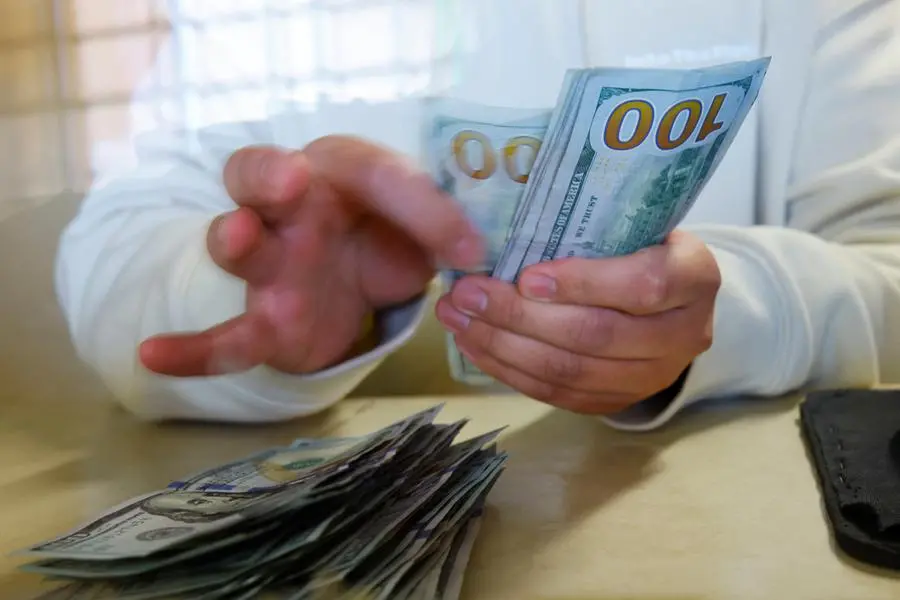PHOTO
NUSA DUA, Indonesia - Countries in East and Southeast Asia are looking at ways to ease access to a $240 billion currency swap arrangement, including allowing it to be tapped for pandemic or disaster response, Indonesia's deputy central bank governor said on Thursday.
Discussions took place for two days since Wednesday about liquidity support among deputy central bank governors and finance officials of the "ASEAN+3", a grouping that consists of South Korea, China, Japan and the 10 members of the Association of Southeast Asian Nations (ASEAN).
A currency swap arrangement known as Chiang Mai Initiative Multilateralism (CMIM) exists to support regional financial stability by allowing members, in addition to Hong Kong, to tap currency swap lines to support currencies in need.
The liquidity support can be in form of U.S. dollars or local currencies.
Deputy governor Dody Budi Waluyo said members acknowledged the need to expand the conditions of the pact to allow the fund to be accessed for pandemic or natural disaster situations.
"For example, if there is another pandemic and (need for) vaccines or if there's disaster, catastrophe. So not only for problems due to shocks from exchange rate shock and banking," he told reporters on the Indonesian island of Bali.
Dody also said that the implementation of the initiative has not been ideal as borrowers still sees interest rates given in the scheme as expensive.
"This is what we will continue to fix," he said.
Recommendations made by the officials on Thursday will be presented to ASEAN+3 finance ministers and central bank governors when they meet in May, he said.
Asked about the possibility of boosting the size of the fund, which has doubled since 2014, Dody said the issue had not been discussed, adding the current $240 billion "is already a lot".
(Reporting by Stefanno Sulaiman; Editing by Martin Petty)





















